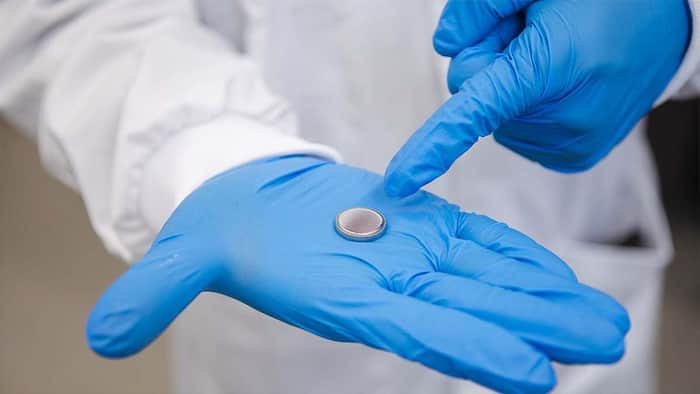
Written By Pranav Sawant
Edited By: Pranav Sawant | Published By: Pranav Sawant | Published: Feb 23, 2024, 10:36 PM (IST)

A group of researchers led by the Royal Melbourne Institute of Technology (RMIT) University in Australia has unveiled a new type of batteries that are reusable and fireproof. The researchers have made ‘water batteries’ that are claimed to be a plausible alternative to lithium-ion batteries which are commonly used all over, including smartphones and laptops. Also Read: 7 Hidden iPhone Features People Miss To Check
While lithium-ion batteries, commonly known as Li-ion batteries are widely used given their benefits, they do also have some disadvantages. Some of them include their volatile nature, which makes them susceptible to catching fire due to heat or improper use. Also, their life span is limited. Also Read: Tecno Spark Go 3 Launched In India Under Rs 10,000: Check Specs, Features, Price, More
The new water batteries, however, are said to be reusable and fireproof, as per the researchers. These water batteries are also called rechargeable aqueous zinc-ion batteries (RAZBs). Researchers have claimed that this new tech is a safer and more sustainable energy storage solution.
Interestingly, RAZBs utilize non-toxic water electrolytes and are cost-effective. They also use high-capacity zinc anodes which helps in preventing corrosion. Zinc anodes also deal with hydrogen evolution reactions and dendritic growth, which impacts the battery performance.
Let’s see how water batteries are free from the risk of explosions or fire as well as long-lasting.
— Lithium-ion batteries use organic electrolytes to function, whereas, in water batteries, those electrolytes are replaced with water electrolytes. Using water prevents hazardous incidents but still keeps the electric current flowing between the positive and negative terminals.
— The RAZBs also deal with challenges like hydrogen evolution reaction and dendritic growth which impact the performance of the battery. The latter was a major issue to curb which, researchers explored different strategies. They initially began by conducting small-scale trial batteries to demonstrate. The trial helped them to counter disruptive dendrite formation, which causes short circuits in batteries, by applying a protective bismuth and oxide layer to susceptible components of the battery.
With these experiments, researchers were able to create batteries that last longer as opposed to lithium-ion batteries, as said by Tianya Ma, lead researcher of the study and professor at RMIT University.
Benefits of water batteries
Use case of water batteries
If water batteries are used commercially in devices that we use daily as smartphones or laptops, they will offer one clear benefit.
— Safety, thanks to water batteries being cool even under pressure.
Researchers have said that the next step toward more efficient water batteries is to increase the energy density by developing new nanomaterials, as said by Ma. For this, magnesium-ion can also be used instead of organic chemicals or zinc-ions.
Magnesium-ion water batteries will be lighter than even zinc-ion batteries and nickel-ion batteries. Magnesium-ion water batteries will allow for faster charging times and better support for power-intensive devices.
Water batteries with zinc and magnesium are believed to have the potential to replace lithium-ion batteries that use organic electrolytes in the next 5 to 10 years.